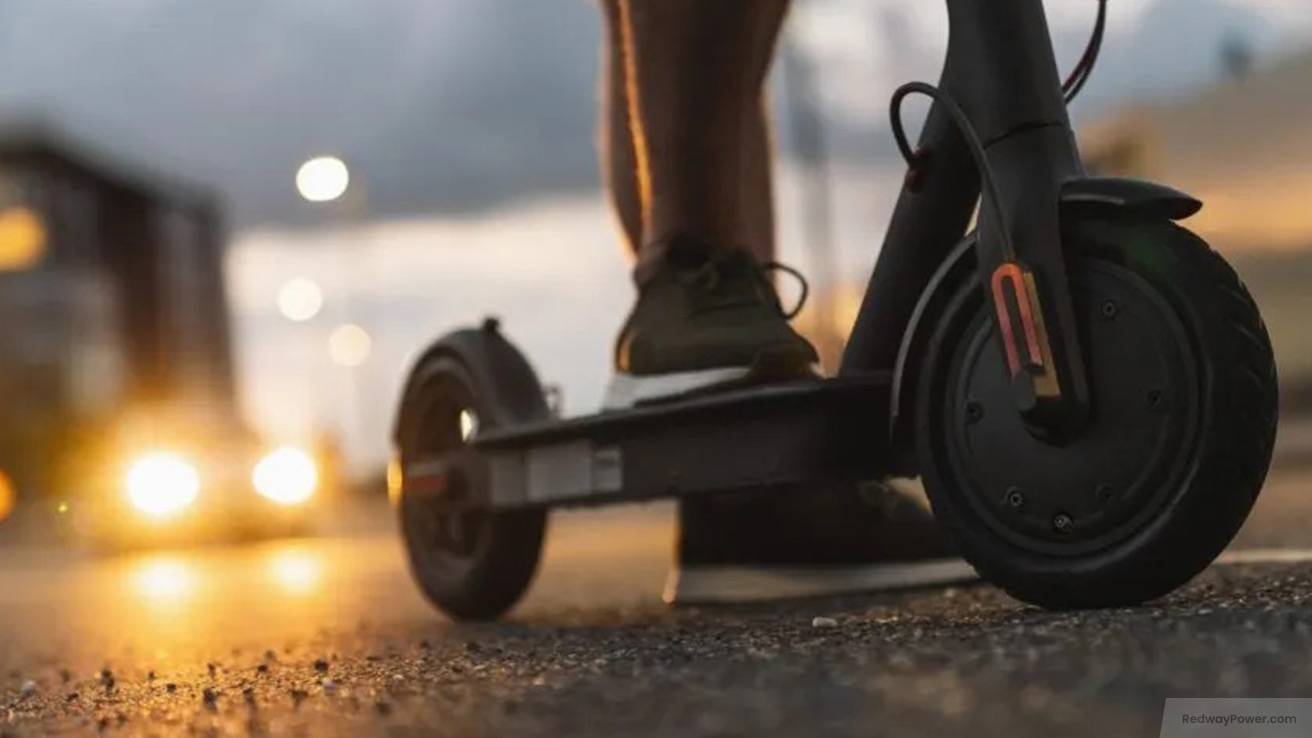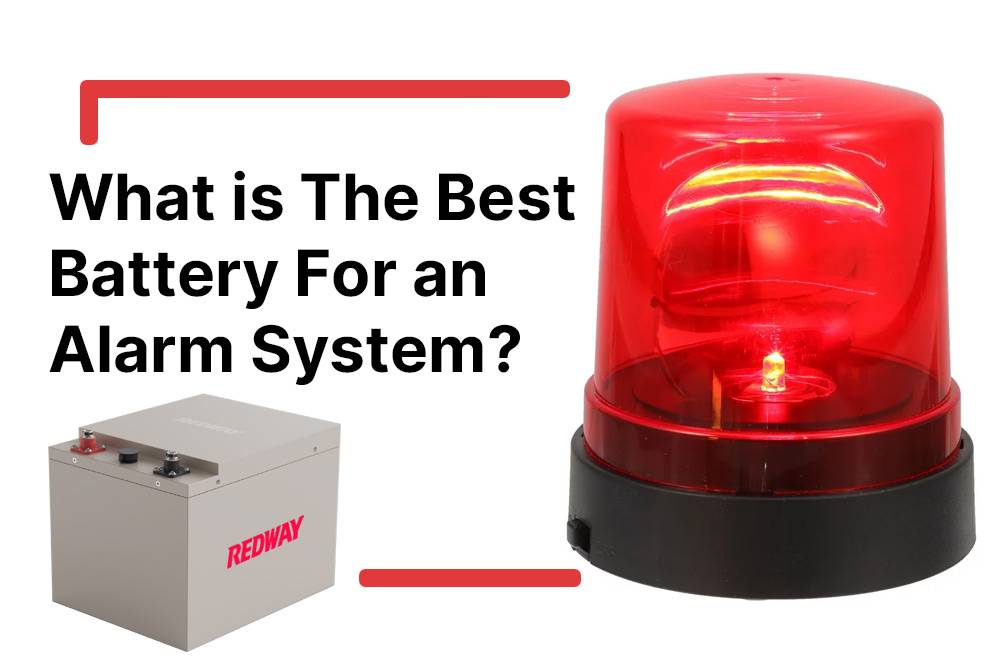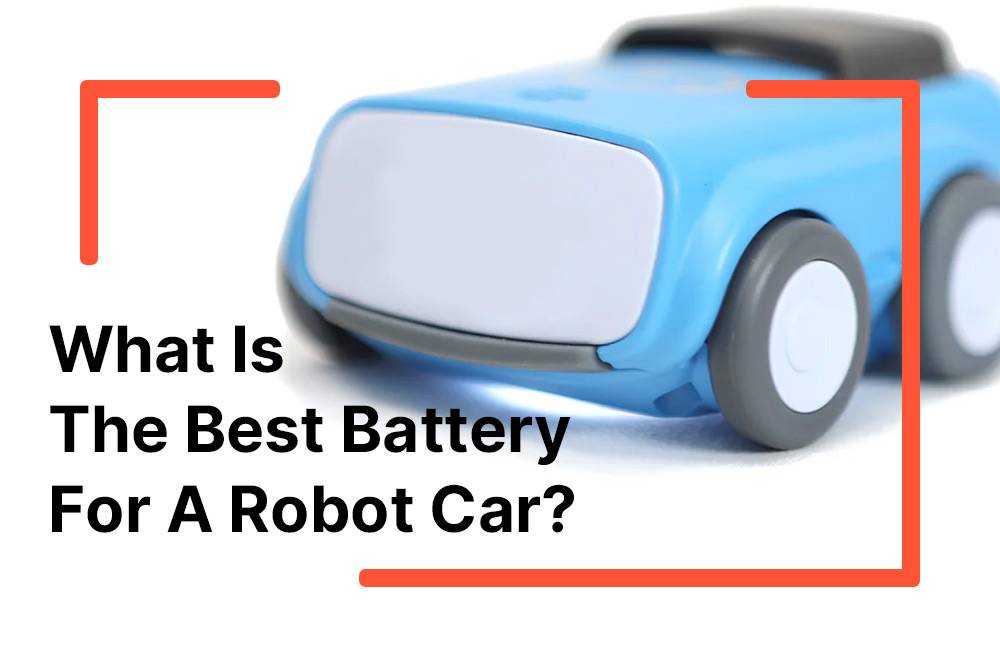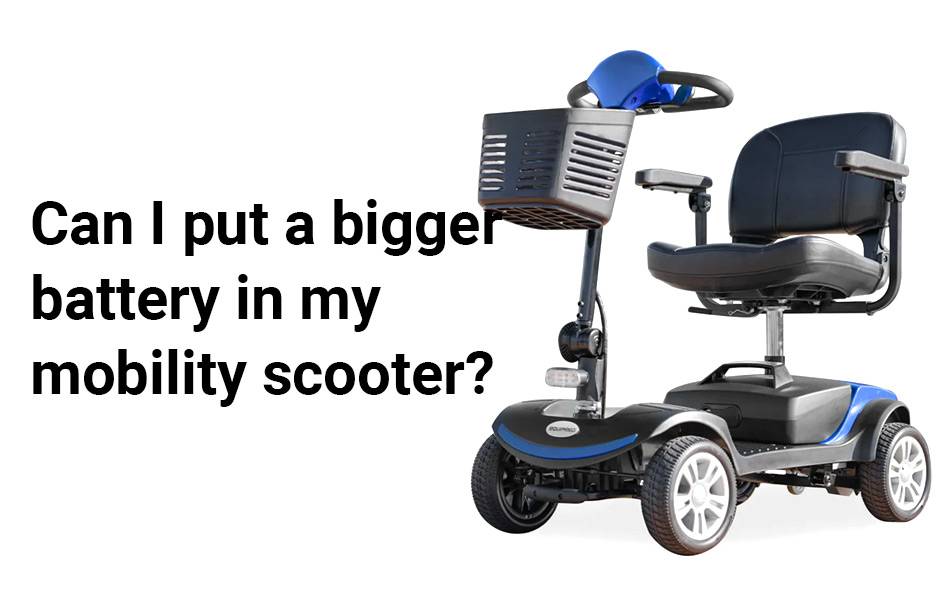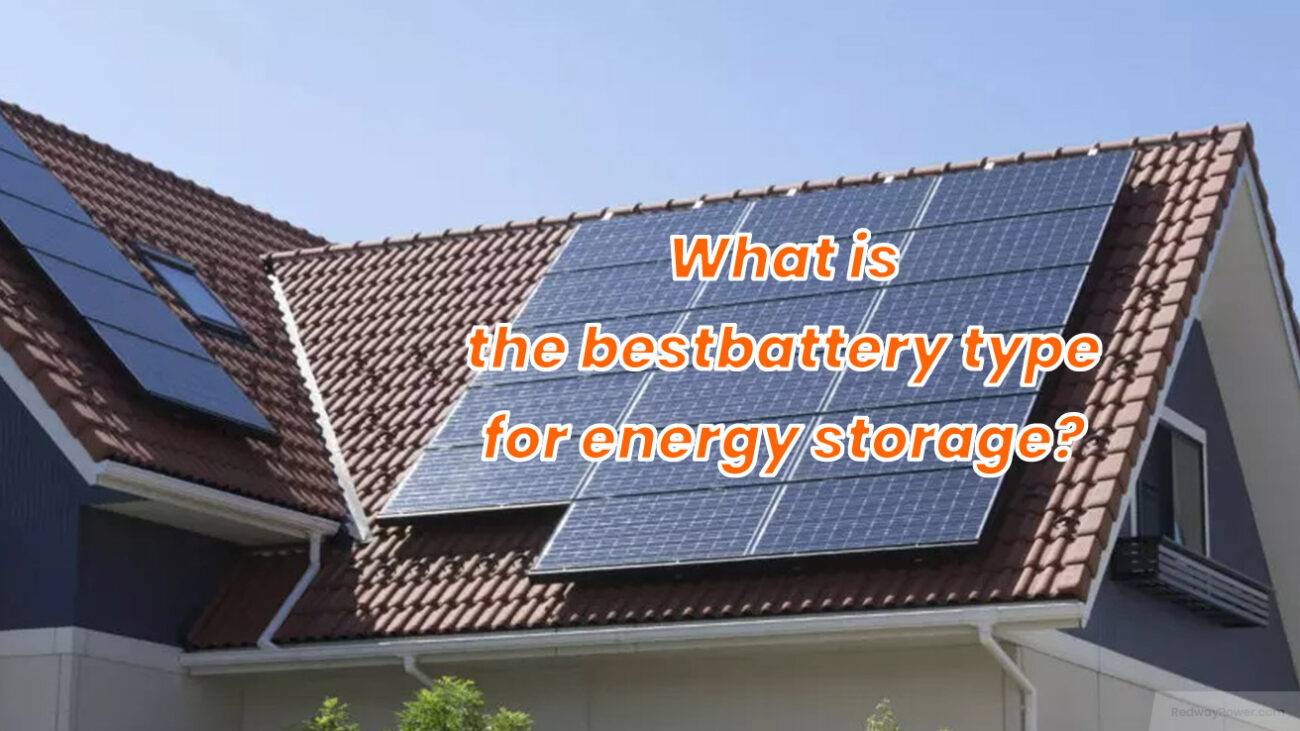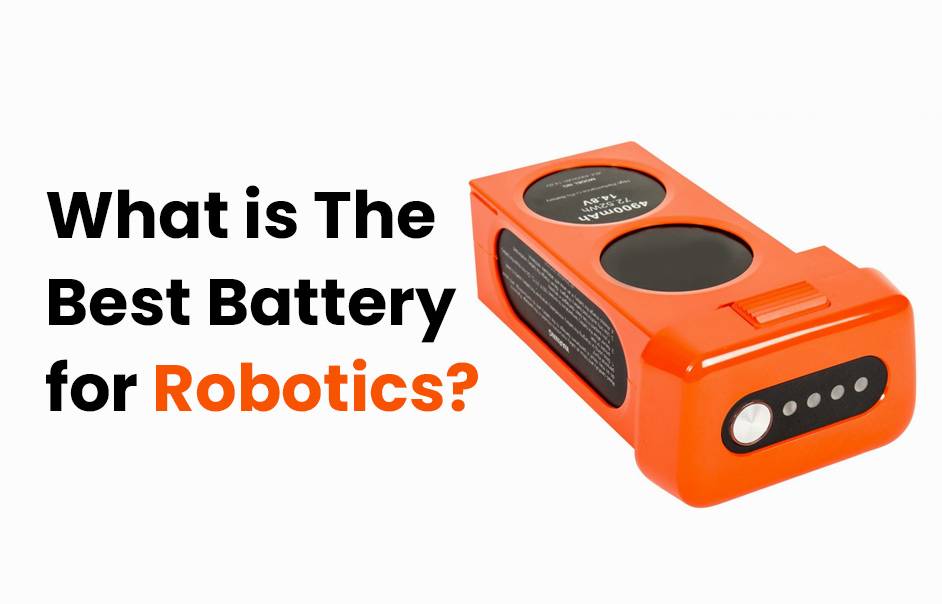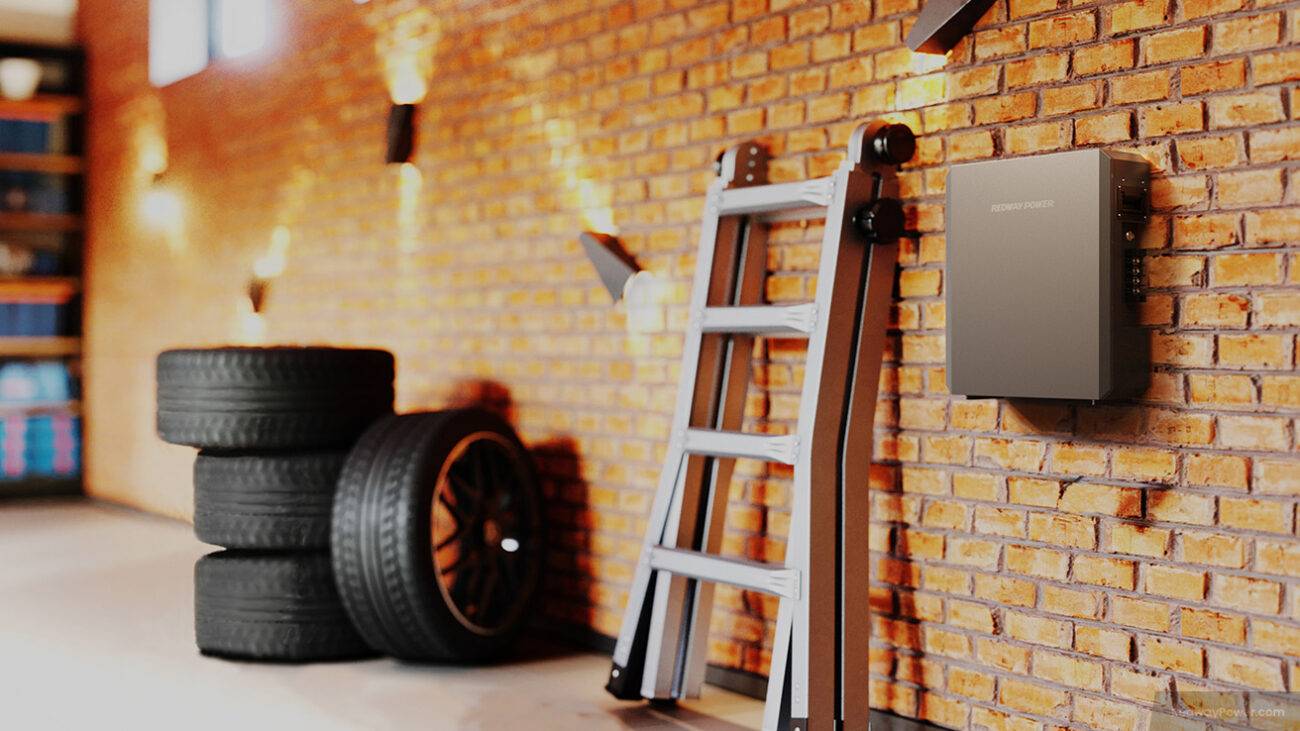- Forklift Lithium Battery
-
48V
- 48V 210Ah
- 48V 300Ah
- 48V 420Ah (949 x 349 x 569 mm)
- 48V 420Ah (950 x 421 x 450 mm)
- 48V 456Ah
- 48V 460Ah (830 x 630 x 590 mm)
- 48V 460Ah (950 x 421 x 450 mm)
- 48V 460Ah (800 x 630 x 600 mm)
- 48V 460Ah (820 x 660 x 470 mm)
- 48V 500Ah
- 48V 560Ah (810 x 630 x 600 mm)
- 48V 560Ah (950 x 592 x 450 mm)
- 48V 600Ah
- 48V 630Ah
-
48V
- Lithium Golf Cart Battery
- 12V Lithium Battery
12V 150Ah Lithium RV Battery
Bluetooth App | BCI Group 31
LiFePO4 Lithium
Discharge Temperature -20°C ~ 65°C
Fast Charger 14.6V 50A
Solar MPPT Charging - 24V Lithium Battery
- 36V Lithium Battery
- 48V Lithium Battery
-
48V LiFePO4 Battery
- 48V 50Ah
- 48V 50Ah (for Golf Carts)
- 48V 60Ah (8D)
- 48V 100Ah (8D)
- 48V 100Ah
- 48V 100Ah (Discharge 100A for Golf Carts)
- 48V 100Ah (Discharge 150A for Golf Carts)
- 48V 100Ah (Discharge 200A for Golf Carts)
- 48V 150Ah (for Golf Carts)
- 48V 160Ah (Discharge 100A for Golf Carts)
- 48V 160Ah (Discharge 160A for Golf Carts)
-
48V LiFePO4 Battery
- 60V Lithium Battery
-
60V LiFePO4 Battery
- 60V 20Ah
- 60V 30Ah
- 60V 50Ah
- 60V 50Ah (Small Size / Side Terminal)
- 60V 100Ah (for Electric Motocycle, Electric Scooter, LSV, AGV)
- 60V 100Ah (for Forklift, AGV, Electric Scooter, Sweeper)
- 60V 150Ah (E-Motocycle / E-Scooter / E-Tricycle / Tour LSV)
- 60V 200Ah (for Forklift, AGV, Electric Scooter, Sweeper)
-
60V LiFePO4 Battery
- 72V~96V Lithium Battery
- Rack-mounted Lithium Battery
- E-Bike Battery
- All-in-One Home-ESS
- Wall-mount Battery ESS
-
Home-ESS Lithium Battery PowerWall
- 24V 100Ah 2.4kWh PW24100-S PowerWall
- 48V 50Ah 2.4kWh PW4850-S PowerWall
- 48V 50Ah 2.56kWh PW5150-S PowerWall
- 48V 100Ah 5.12kWh PW51100-F PowerWall (IP65)
- 48V 100Ah 5.12kWh PW51100-S PowerWall
- 48V 100Ah 5.12kWh PW51100-H PowerWall
- 48V 200Ah 10kWh PW51200-H PowerWall
- 48V 300Ah 15kWh PW51300-H PowerWall
PowerWall 51.2V 100Ah LiFePO4 Lithium Battery
Highly popular in Asia and Eastern Europe.
CE Certification | Home-ESS -
Home-ESS Lithium Battery PowerWall
- Portable Power Stations
What is the Best Lithium Battery for a Mobility Scooter?
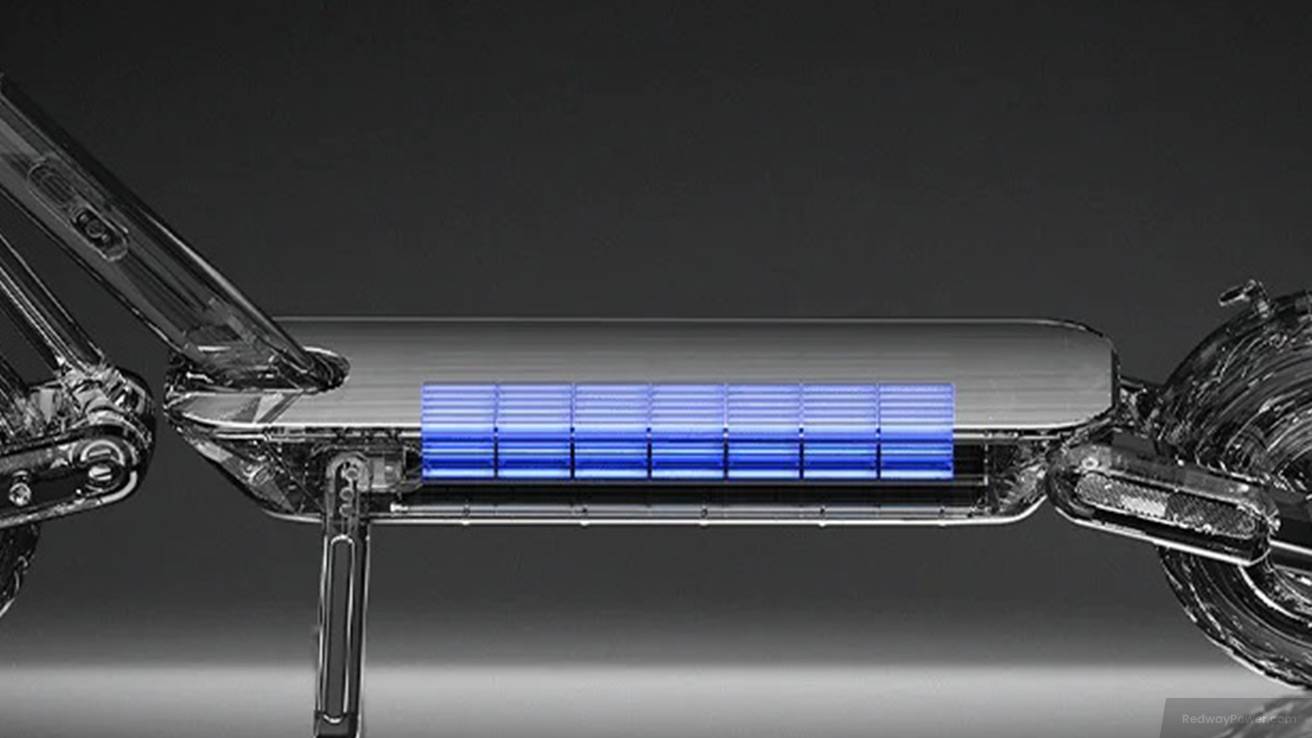
The best lithium battery for a mobility scooter is typically a lithium iron phosphate (LiFePO4) battery due to its superior longevity, safety, and performance. These batteries provide longer ranges and faster charging times compared to traditional lead-acid options, making them ideal for enhancing mobility scooter efficiency.
What types of lithium batteries are suitable for mobility scooters?
The most common types of lithium batteries used in mobility scooters include:
- Lithium Iron Phosphate (LiFePO4): Known for safety and stability, these batteries are ideal for high-performance applications.
- Lithium Polymer (LiPo): These batteries are lightweight and offer high energy density but require careful handling due to their sensitivity.
- Lithium-Ion (Li-Ion): Widely used in various applications, these batteries offer good energy density and performance.
| Battery Type | Advantages | Disadvantages |
|---|---|---|
| Lithium Iron Phosphate | Safe, long-lasting, stable | Heavier than other lithium types |
| Lithium Polymer | Lightweight, high energy density | Requires careful handling |
| Lithium-Ion | Good performance, widely available | Can be more expensive than lead-acid |
How do lithium iron phosphate (LiFePO4) batteries benefit mobility scooters?
Lithium iron phosphate (LiFePO4) batteries offer several significant benefits for mobility scooters:
- Long Lifespan: LiFePO4 batteries can last up to 10 years or more with proper care, significantly outlasting traditional lead-acid batteries which typically last 3 to 5 years.
- Safety Features: These batteries have built-in safety mechanisms that reduce the risk of overheating and fires.
- High Discharge Rate: They can deliver higher currents, providing better performance during acceleration and hill climbing.
- Maintenance-Free: Unlike lead-acid batteries, LiFePO4 batteries do not require regular maintenance or water refilling.
| Benefit | Description |
|---|---|
| Long Lifespan | Lasts up to 10 years |
| Safety Features | Reduced risk of overheating |
| High Discharge Rate | Better performance in demanding conditions |
| Maintenance-Free | No regular maintenance required |
What are the advantages of using lithium-ion batteries over lead-acid batteries?
Lithium-ion batteries provide several advantages over traditional lead-acid batteries:
- Weight: Lithium-ion batteries are significantly lighter than lead-acid counterparts, making them easier to handle and improving the overall maneuverability of the scooter.
- Energy Density: They offer higher energy density, meaning they can store more energy in a smaller space.
- Charging Time: Lithium-ion batteries charge faster than lead-acid options, reducing downtime between uses.
- Depth of Discharge: They can be discharged deeper without damage, allowing users to utilize more of the battery’s capacity.
| Advantage | Description |
|---|---|
| Weight | Lighter than lead-acid |
| Energy Density | More energy stored in less space |
| Charging Time | Faster charging reduces downtime |
| Depth of Discharge | Can be discharged deeper without damage |
Which brands offer the best lithium batteries for mobility scooters?
Several brands are recognized for producing high-quality lithium batteries suitable for mobility scooters:
- Dakota Lithium: Known for their LiFePO4 technology, offering long lifespans and excellent performance.
- Eco Tree: Provides a range of LiFePO4 options specifically designed for mobility scooters with robust safety features.
- Battle Born Batteries: Offers high-quality lithium-ion options with great customer support and warranty options.
- Renogy: Known for their reliable solar products but also offers quality lithium solutions suitable for mobility scooters.
| Brand | Key Features |
|---|---|
| Dakota Lithium | Long lifespan, 11-year warranty |
| Eco Tree | Safety tested, maintenance-free |
| Battle Born Batteries | Excellent customer support |
| Renogy | Reliable products with good warranties |
How do you choose the right capacity for a mobility scooter battery?
Choosing the right capacity involves considering several factors:
- Scooter Specifications: Check your scooter’s manual or specifications to determine the recommended battery capacity (measured in amp-hours or Ah).
- Usage Requirements: Consider how far you typically travel on a single charge; higher capacity (e.g., 20Ah or more) is better for longer trips.
- Weight Considerations: Ensure that the chosen battery fits within your scooter’s weight limits without compromising performance.
What is the lifespan of lithium batteries in mobility scooters?
Lithium batteries generally have a much longer lifespan compared to traditional lead-acid alternatives:
- Typical Lifespan: LiFePO4 batteries can last between 10 to 15 years with proper care.
- Charge Cycles: They can often handle between 2,000 to 3,000 charge cycles before significant capacity loss occurs.
- Factors Affecting Lifespan: Regular maintenance, proper charging practices, and environmental conditions can all impact battery longevity.
Tips for Battery Wholesale Buyers
For those looking to purchase batteries in bulk or OEM orders, consider these key points:
- Choose Reliable Manufacturers: Partnering with established companies like Redway Power, which has over 13 years of experience in lithium battery technology, ensures quality products.
- Understand Your Needs: Clearly define specifications based on application requirements.
- Request Samples: Before placing large orders, testing samples helps ensure product satisfaction.
By opting for advanced battery technologies over traditional options, buyers benefit from improved efficiency and reduced environmental impact.
Redway Power Expert Views
“Choosing the right battery technology is crucial for maximizing the performance and longevity of mobility scooters,” states an expert from Redway Power. “Lithium iron phosphate technology not only enhances range but also provides peace of mind with its safety features.”
FAQ Section
- What is the best type of battery for a mobility scooter?
Lithium iron phosphate (LiFePO4) is considered the best due to its longevity and safety features. - How long do lithium batteries last in mobility scooters?
Lithium batteries can last between 10 to 15 years with proper care. - Can I replace my old lead-acid battery with a lithium battery?
Yes, as long as you choose a compatible size and voltage. - What factors should I consider when choosing a battery?
Consider your scooter’s specifications, your typical travel distance, and weight limits. - Are there any maintenance requirements for lithium batteries?
Lithium batteries are generally maintenance-free but should be stored properly when not in use.
